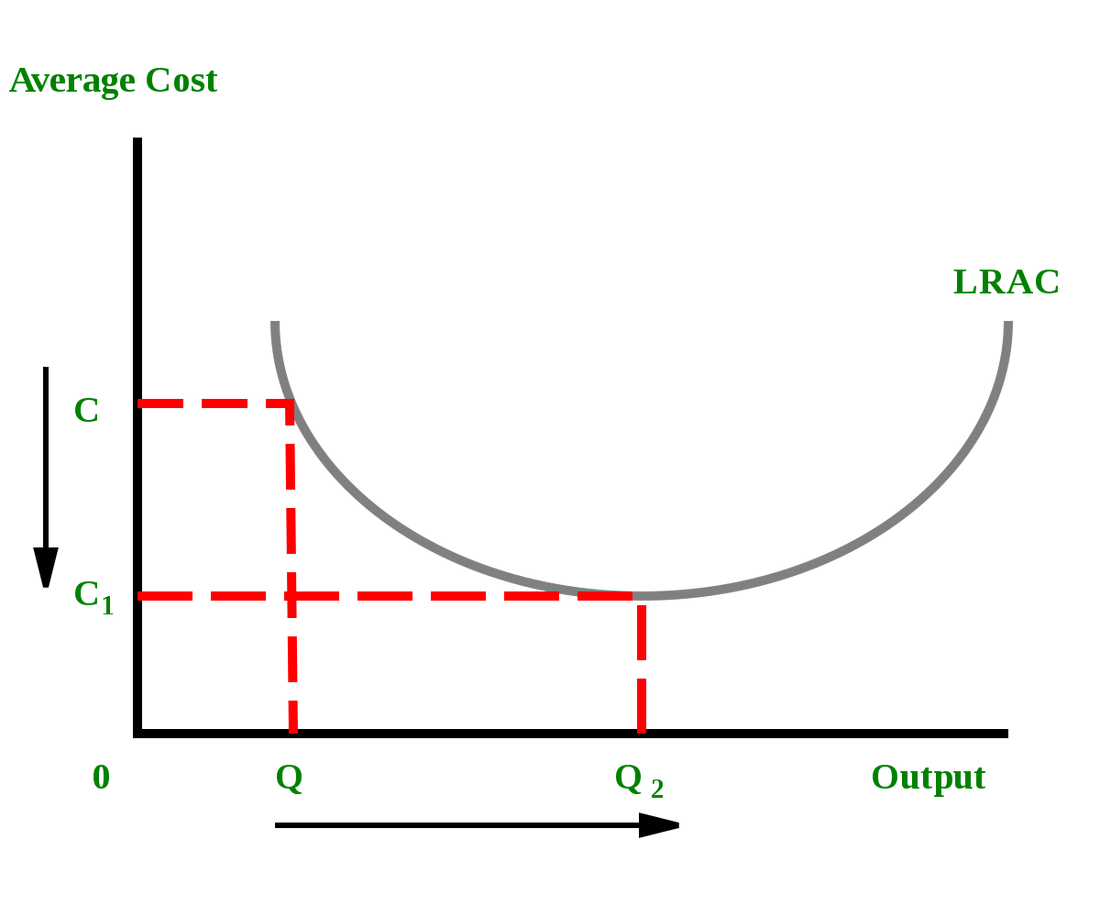Economies of scale for startups refer to the cost advantages that enterprises obtain due to their scale of operation, with cost per unit of output decreasing with increasing scale. For startups, achieving economies of scale is crucial for long-term success and competitiveness. Initially, startups face high fixed costs and investments in research and development, marketing, and infrastructure. As a startup grows, the average costs of these investments decrease because they are spread over a larger number of goods or services produced or sold.
For startups, economies of scale can be achieved through operational efficiencies, bulk purchasing of materials, more favorable terms with suppliers, and the ability to invest in more efficient technology. Additionally, on the marketing side, a larger customer base spreads the fixed cost of customer acquisition, branding, and market entry over more sales, further reducing the average cost.
However, achieving economies of scale requires careful management and growth strategies. Startups must balance the drive for expansion with the need to maintain quality and customer satisfaction. Successfully leveraging economies of scale allows startups to lower their prices competitively, improve profit margins, and solidify their market position, contributing to sustainable growth and success.
